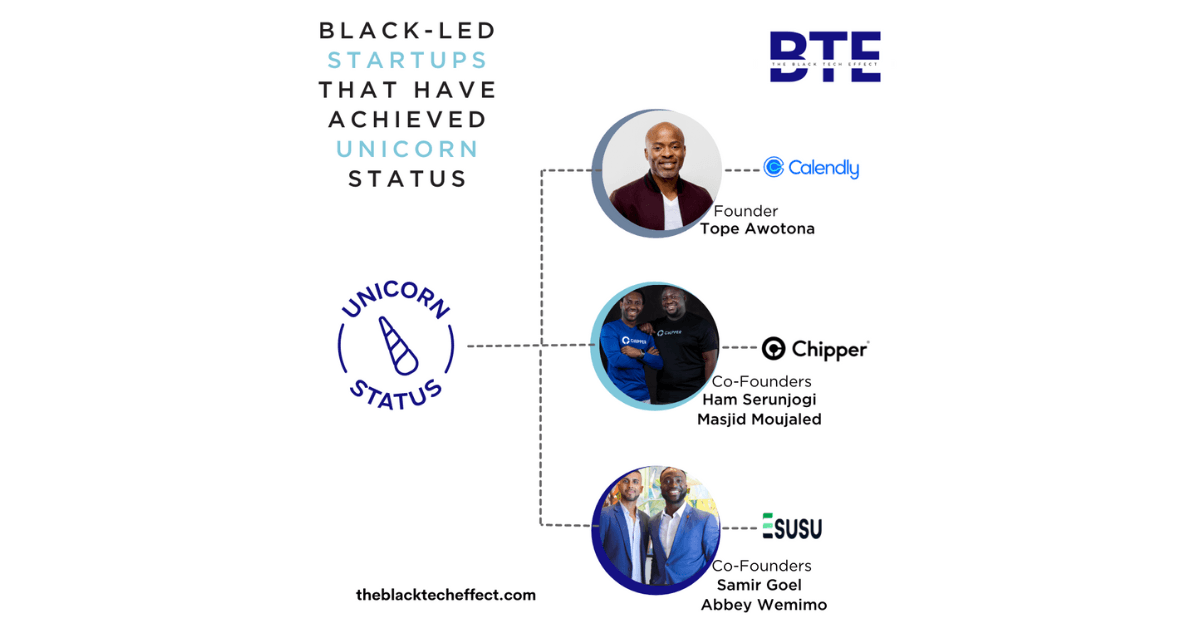KEY INSIGHTS:
- Agtech company Reveam is an industry leader in produce safety technology.
- Reveam holds more than a dozen patents for its proprietary solution.
- It plans to raise more than $80 million from investors to further accelerate growth.
Reveam, an agriculture technology firm, continues to raise the bar for produce standards, helping the U.S. remain at the forefront of food safety technology.
The Atlanta-based company is focused on improving the produce supply chain and has doubled its headcount over the last few years, with ambitions to generate over $100 million in annual revenue with its next two facilities.
This year, the company projects millions in revenue from its food safety technology, according to Chairman of the Board and Co-Founder at Reveam, Dolan Falconer. It is also actively raising $80 million-plus in growth capital from investors to further accelerate growth.
Booming agriculture industry
The U.S. Department of Agriculture found that the agriculture industry wastes more than 25 billion pounds of post-harvest fruits and vegetables domestically each year, worth some $30 billion.
More notably, each year 20 to 40 percent of global crop production is lost or wasted due to pests, according to the National Institute of Food and Agriculture.
Reveam was founded in 2009 to address food waste issues. It launched out of Georgia Tech’s Advanced Technology Development Center with a mission to help the entire food chain deliver fresher, higher-quality fruits and vegetables.
“The need for our technology is undeniable,” Falconer, who has thirty years of experience managing advanced technological development programs for private corporations and the federal government, told The Plug. “We need fresh produce as it relates to the health of our kids. It is one of the most fundamental building blocks of society.”
Helping the entire food chain
Formerly known as ScanTech Sciences, the company rebranded last April to Reveam to better represent a renewal and reimagined future, Falconer said.
Reveam utilizes E-Beam and X-ray technologies to ensure produce safety and reduce food waste being transported to the United States, as well as produce being exported to other countries.
Falconer added that, unlike competitors who have traditionally used harmful or toxic substances that pose a significant risk to consumers, Reveam offers an innovative alternative to traditional chemicals that have an impact on the taste, appearance, and quality of the fruit and vegetables.
“Our technology, referred to as Electronic Cold-Pasteurization, helps to get rid of pathogens and improve phytosanitation. It also significantly increases the shelf life for a variety of produce without using a chemical preservative,” he said.
Raising capital to scale up
The company initially started its commercial operations in the Rio Grande Valley to treat fruit and produce flowing through Texas border crossings from Mexico.
To date, Reveam has raised funding from institutional investors. It has also raised more than $40 million in infrastructure capital financing for its first production facility.
Looking ahead, the executive team is working to scale its capacities across the United States. In the next 12 to 18 months, the firm plans to use its latest round of funding to expand and build out two additional fresh produce processing facilities.
“We believe our company will scale from hundreds of millions of dollars in value, to billions of dollars in value after bringing on our next two commercial facilities,” he said.
The expansion plans come after receiving certification from the USDA for its operations hub in McAllen, Texas.
Advice for future entrepreneurs
Prior to Reveam, Falconer co-founded and served as executive vice president of Parallax Inc., a privately held environmental and nuclear engineering company with an annual revenue of more than $20 million.
Offering guidance to the next generation, Falconer advises future Black business owners to find innovative ways to earn capital funding for their ideas, noting that entrepreneurs should keep their companies’ best interests in mind when working with investors and that not all capital will impact their businesses positively.
On the topic of diversity, he stated that the board rooms he’s entered are beginning to slowly diversify with time.
“We have a lot of people like myself that are sitting on the other side of the table,” Falconer said. “Firms are hiring people that look like me because they understand the value of opposition and being able to invest in these companies.”








